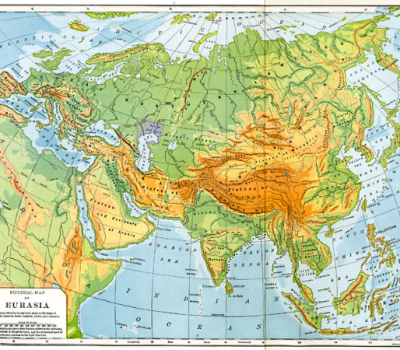
The Minsk Dialogue Council on International Relations (19 January 2024)
Dr. Teoman Ertuğrul TULUN*
Eurasia is a portmanteau word expressing the land mass of two continents named Asia and Europe by the ancient Greeks. It is a fictional fusion of two conventionally named continents, which stands for an abstract idea that can be considered a concept. In terms of surface area, while Asia corresponds to one-third of the Earth’s land mass, Europe is the second smallest continent in the world after Australia. The land mass of Asia is four times larger in area than Europe. Although there is no clear geographical or geological boundary to the east of the European continent, common knowledge has traditionally held that the east of Europe is separated from Asia by the Ural Mountains, the Ural River, and the Caucasus Mountains, and to the southeast by the Caspian Sea and the Black Sea. Pursuant to this general understanding, the Mediterranean Sea separates Europe from Africa in the south. Europe’s western borders are defined by the Atlantic Ocean and in the north by the Polar Sea.
Eurasianism as an intellectual construct
Eurasianism, on the other hand, is a construct developed wisely by Russian intellectuals that essentially represents a socio-political movement that challenged the supremacy of Eurocentric thought at the beginning of the 20th century. This challenge is also a multi-purpose intellectual process that has since offered a way of defining Russia’s place in world politics.
To read the rest of the article, please click: https://minskdialogue.by/en/research/opinions/is-eurasianism-a-monolithic-construct
For access to the Russian translation of this article, please click: https://minskdialogue.by/research/opinions/iavliaetsia-li-evraziistvo-monolitnoi-konstruktciei
* This article was published as part of AVİM's partnership program. Dr. Teoman Ertuğrul Tulun is an Analyst at AVİM. This article was published at the Minsk-based Minsk Dialogue Council on International Relations, a partner organization of AVİM. For AVİM’s partnership program, click here.
** Image: The Minsk Dialogue Council on International Relations
© 2009-2025 Avrasya İncelemeleri Merkezi (AVİM) Tüm Hakları Saklıdır
Henüz Yorum Yapılmamış.
-
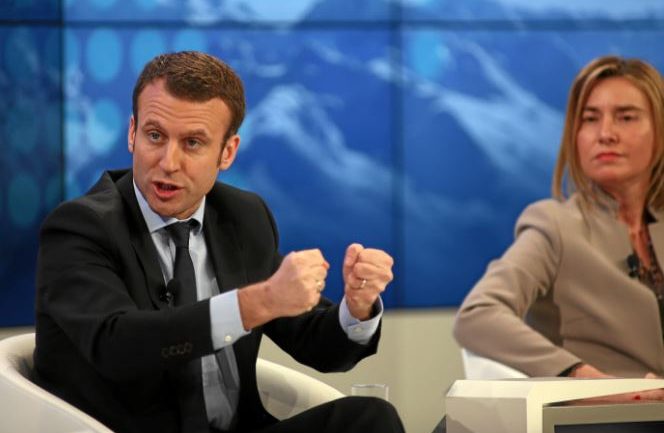 WHY IS MACRON SKEPTICAL ABOUT PLAYING ODE TO JOY FOR THE BALKANS? - HÜRRİYET DAILY NEWS - 01.05.2018
WHY IS MACRON SKEPTICAL ABOUT PLAYING ODE TO JOY FOR THE BALKANS? - HÜRRİYET DAILY NEWS - 01.05.2018
Teoman Ertuğrul TULUN 02.05.2018 -
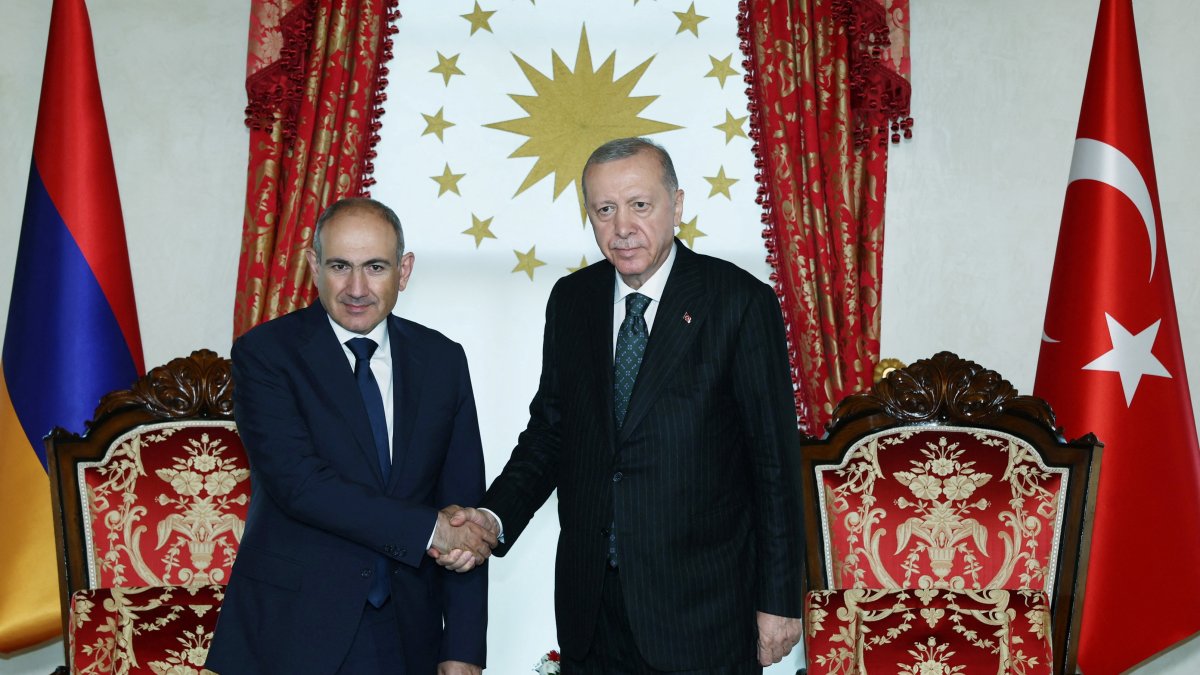 PASHINYAN'S VISIT: NEW PARAMETERS OF ARMENIA-TÜRKİYE NORMALIZATION - DAILY SABAH - 03.07.2025
PASHINYAN'S VISIT: NEW PARAMETERS OF ARMENIA-TÜRKİYE NORMALIZATION - DAILY SABAH - 03.07.2025
Teoman Ertuğrul TULUN 03.07.2025 -
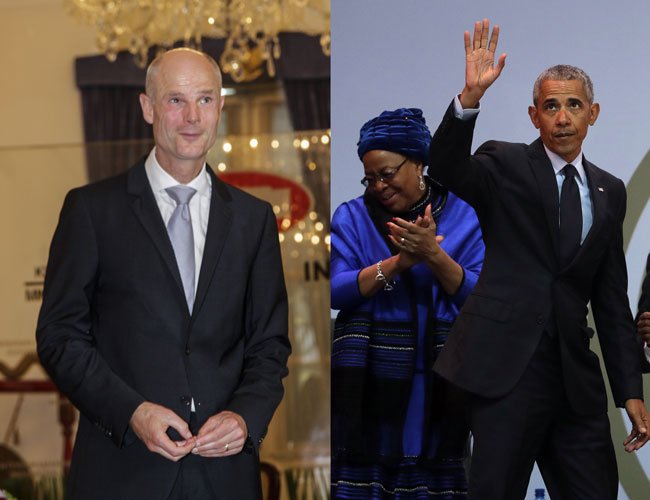 DUTCH FOREIGN MINISTER VERSUS OBAMA - HÜRRİYET DAILY NEWS - 26.07.2018
DUTCH FOREIGN MINISTER VERSUS OBAMA - HÜRRİYET DAILY NEWS - 26.07.2018
Teoman Ertuğrul TULUN 01.08.2018 -
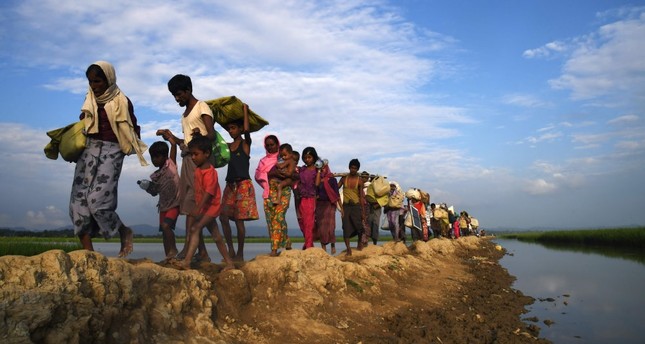 UN REPORT ON MYANMAR REVEALS THE GENOCIDAL INTENT AGAINST ROHINGYA MUSLIMS - DAILY SABAH - 03.10.2018
UN REPORT ON MYANMAR REVEALS THE GENOCIDAL INTENT AGAINST ROHINGYA MUSLIMS - DAILY SABAH - 03.10.2018
Teoman Ertuğrul TULUN 05.10.2018 -
 HOLLANDA DIŞİŞLERİ BAKANI, OBAMA’YA KARŞI - HÜRRİYET DAILY NEWS - 26.07.2018
HOLLANDA DIŞİŞLERİ BAKANI, OBAMA’YA KARŞI - HÜRRİYET DAILY NEWS - 26.07.2018
Teoman Ertuğrul TULUN 02.08.2018
-
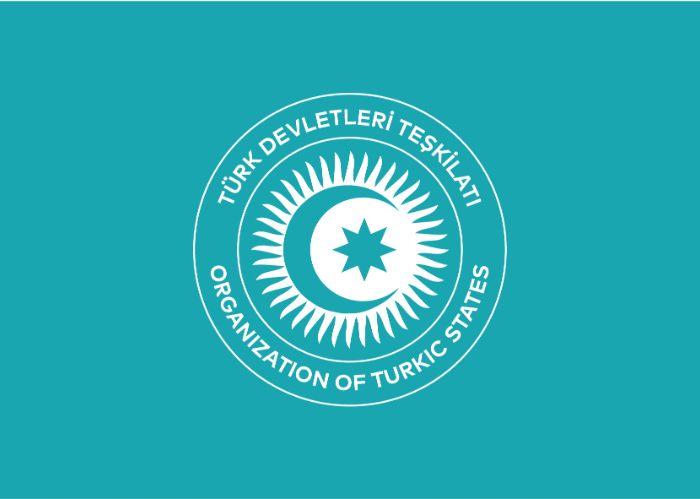 TÜRK DEVLETLERİ TEŞKİLATI SEKİZİNCİ ZİRVE BİLDİRİSİ - TÜRK DEVLETLERİ TEŞKİLATI - 13.11.2021
TÜRK DEVLETLERİ TEŞKİLATI SEKİZİNCİ ZİRVE BİLDİRİSİ - TÜRK DEVLETLERİ TEŞKİLATI - 13.11.2021
Türk Devletleri Teşkilatı 15.11.2021 -
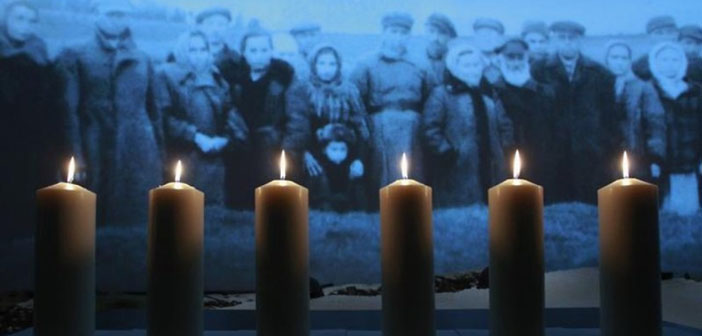 SPEECH DELIVERED BY ANKARA UNIVERSITY RECTOR PROF. DR. ERKAN İBİŞ ON INTERNATIONAL HOLOCAUST REMEMBRANCE DAY
SPEECH DELIVERED BY ANKARA UNIVERSITY RECTOR PROF. DR. ERKAN İBİŞ ON INTERNATIONAL HOLOCAUST REMEMBRANCE DAY
Prof. Dr. Erkan İBİŞ 27.01.2017 -
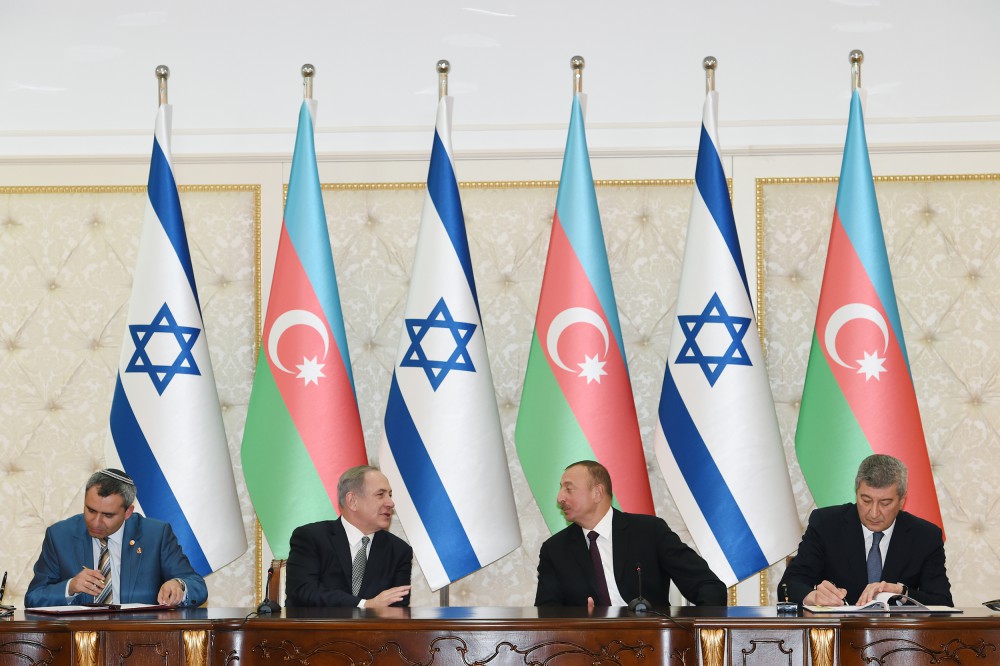 AZERBAIJAN AND ISRAEL—GENUINE MUSLIM-JEWISH RELATIONS
AZERBAIJAN AND ISRAEL—GENUINE MUSLIM-JEWISH RELATIONS
Alexander MURINSON 06.01.2017 -
120 BRANTFORD TURKS
Özay MEHMET 31.07.2014 -
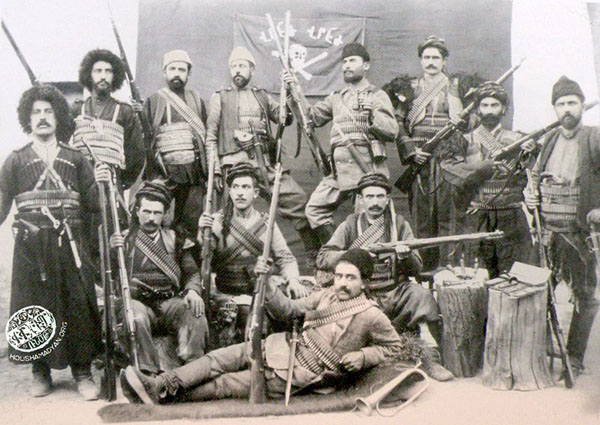 HISTORY, CYNICISM AND GUILT: A CRITIQUE OF THE ARMENIAN CAMPAIGN
HISTORY, CYNICISM AND GUILT: A CRITIQUE OF THE ARMENIAN CAMPAIGN
Brendon J. CANNON 03.10.2016


